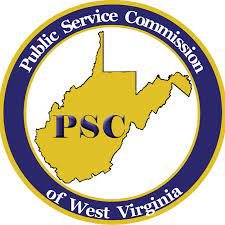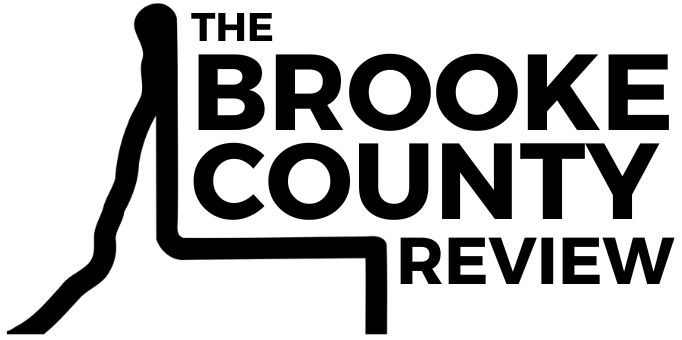By: Charlotte R. Lane, WV PSC Chairman
Even before spring flowers pop up in our yards, orange cones appear on roadways. Crews are busy repairing our highways and city streets.
So, I encourage you to take extra precautions when driving through construction zones.
There are many good reasons to obey lower speed limits and use extra care. Foremost is that, on average, more than 700 fatalities occur in work zones every year. Wherever you need to go, saving a little time is never worth another person’s life.
Also consider that you or your passengers could be injured or you could damage your vehicle or the construction equipment. If that’s not enough to slow you down, remember that ticket amounts are double for driving infractions in construction zones.
In cooperation with other law enforcement agencies, the Public Service Commission’s Transportation Division has posted extra patrols in some high traffic construction zones. Our officers are there to monitor commercial trucks and buses, but you still need to use caution.
Rear-end crashes are extremely common in work zones, and large vehicles have huge blind spots and require extra space to stop. Never cut off a big truck!
To avoid accidents, follow a few common sense driving tips. Start by doing a little research so you know if there is construction on your planned route. If so, either leave early or take another route.
Pay attention to all signage around the work zone. You may encounter closed lanes, reduced speeds, detours or shifts in the traffic pattern. And be prepared to stop at any time.
When there is a lane closure, move over as soon as possible. Don’t wait until the last minute or try to race around another vehicle to get in front of it, especially if it is a semi-truck or bus.
As you move into the correct lane, be mindful of blind spots – yours and other drivers’.
Those big orange signs that tell you what is happening ahead are hard to miss, but you have to pay attention.
Distracted driving is more dangerous than ever in construction zones. Pay attention to traffic conditions – not your cellphone, the radio, GPS, food and drink, or even conversation with other passengers. Whatever it is, it can wait.
We all want the potholes and rough roads to be repaired, so let’s drive safely around the people who are doing this important work.


